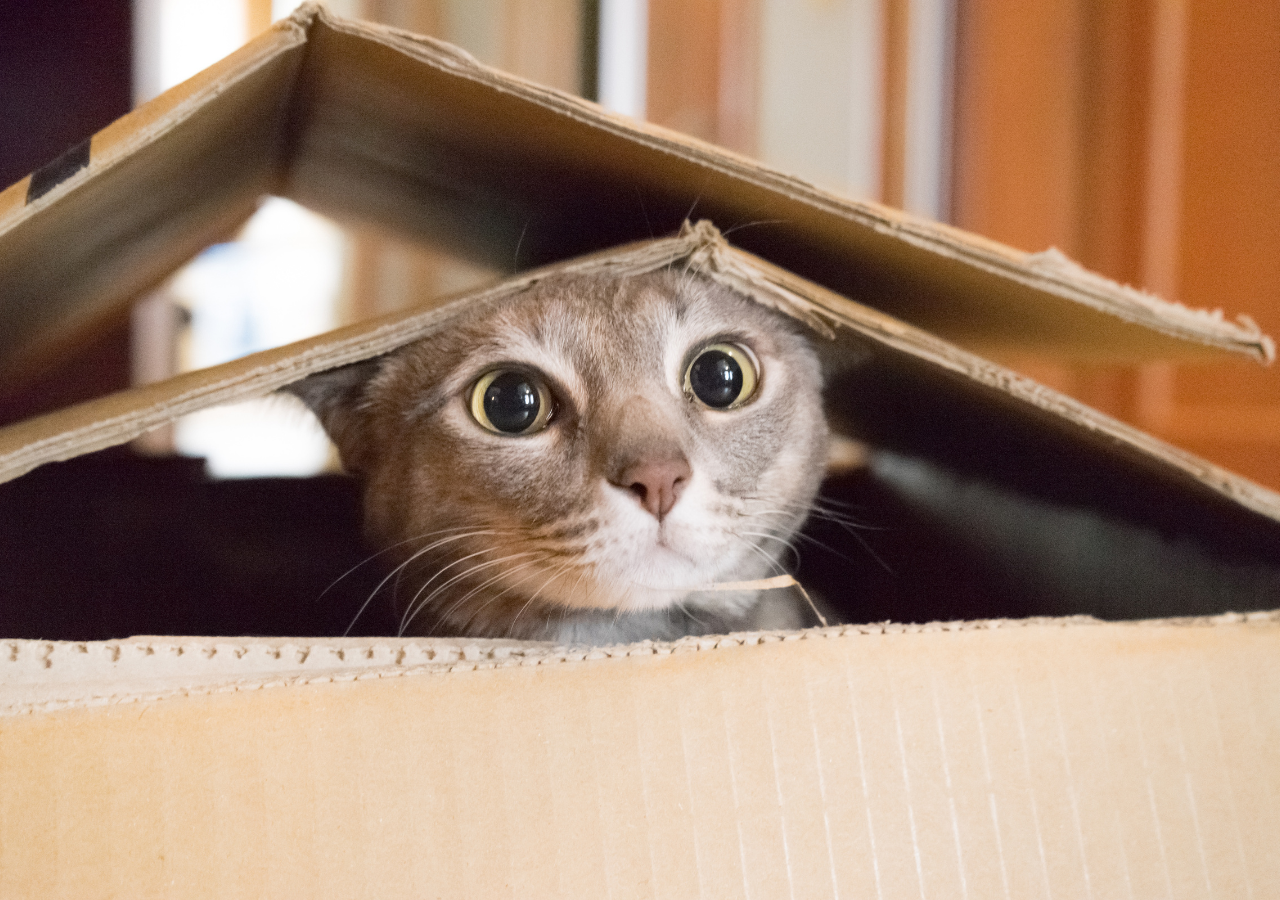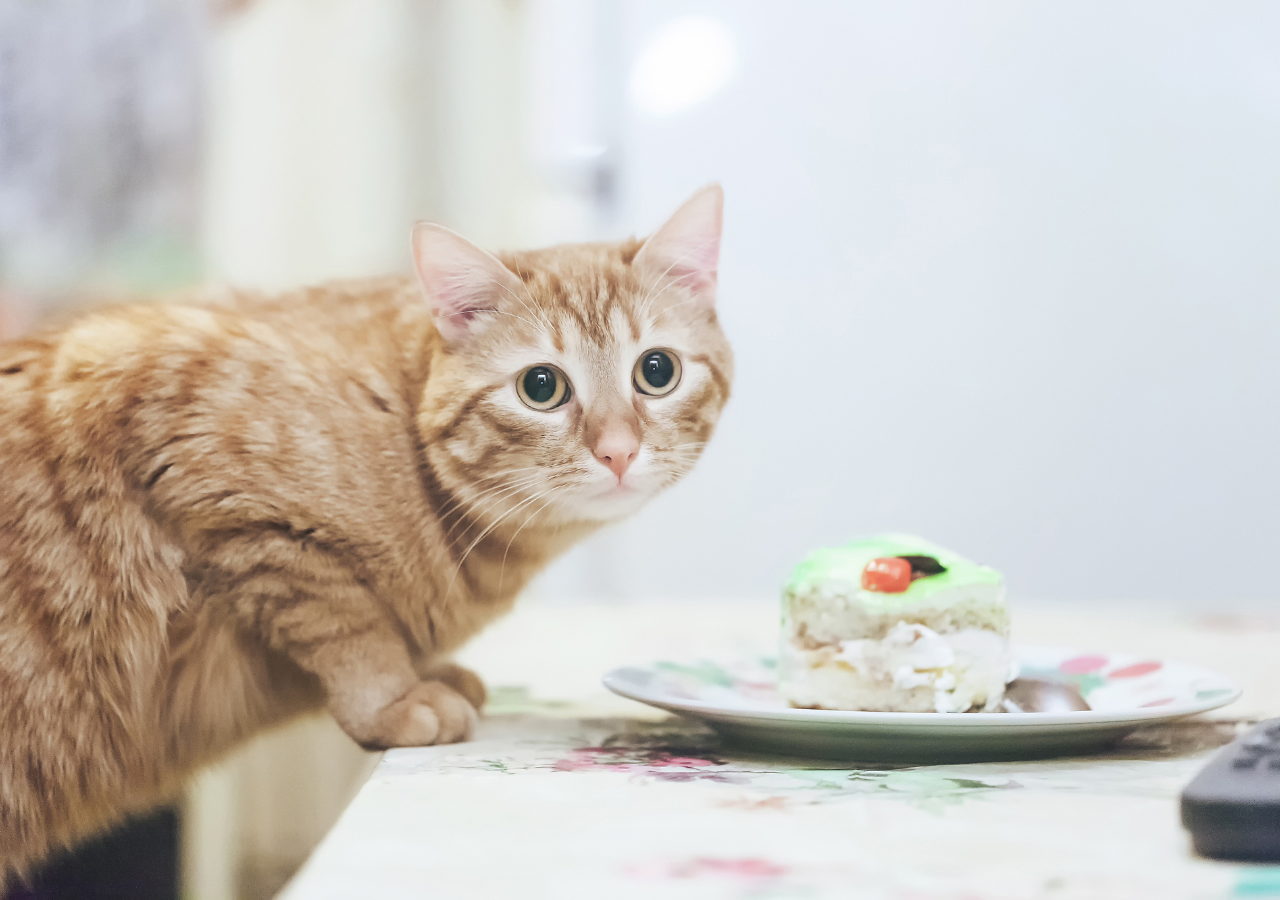The Hard Truth About Cats and Inbreeding
Humans tend to shy away from inbreeding as it can cause health issues and problems down the road. We also view it as inappropriate and can make the distinction between close relative and non-relative. Cats however do not. When it comes to cats and inbreeding they don’t really know that they are doing it. So it just happens naturally.
I have two cats, a boy and a girl who I call brother and sister. They had kittens, they are not related at all however because I do call them brother and sister my niece always complains about it. She thinks I should call them husband a wife, however, they are my kids so they are brother and sister to me.
Her outcry had me thinking about cats and why they inbreed in nature. I also started wondering about the effect of this. After doing a good amount of research I found some interesting information on cats and inbreeding that I just had to share, for others like me who just want to know more.

Why do cats inbreed?
Cats inbreed because they do not have the social stigma that we humans have around inbreeding. Once cats reach a maturity age any cat around them of the opposite sex is a potential mate. Cats don’t know that they are brother and sister or mom and son for example. They are just cats.
They also don’t know that mating in this way can cause genetic defects in their offspring. To them, they are just adding to their population and increasing their tribe if you will.
Inbreeding in cats is not as common as you may think. It does depend on the situation. In a feral colony, you may find more inbreeding if there are no other cats around. However, in many cases, there is at least a couple of non-related cats and this will help keep the inbreeding down to a minimum.
Breeders, cats and inbreeding
When it comes to cat pedigrees, inbreeding is much more common. Breeders want to keep the bloodlines of these cats pure and inbreeding is about the only option unless they can find another breeder willing to also breed with their cat.
Though inbreeding is common with breeders there are guidelines to follow and all breeders need to be careful about over breeding a bloodline. This is where over breeding could cause health issues in the litters and cause the breeder problems later on.
Linebreeding
Linebreeding is a milder form of inbreeding. It involves breeding related cats, such as cousins to create a pure line. Linebreeding does still have the same effects as inbreeding does if done for too long.
Linebreeding is done because breeders want to keep certain characteristics of the breed without the problems that inbreeding has. This is perfectly safe to a point and usually, after a few generations, they recommend not to breed from that line anymore.
Can you keep your cat from inbreeding?
There are only two ways to keep your cat from inbreeding. The first is to separate all related cats. Either by separating into different homes or areas. The other way is to get all cats spayed or neutered so that they will not breed.

Problems with inbreeding
Some of the issues inbreeding can cause are:
- undesirable features
- desirable features
- smaller litter sizes
- immune deficiencies
- congenital abnormalities
- cats that fail to grow to normal size.
These issues normally do not appear within the first few litters, however, once you have a few litters that inbreed with each other you will start to see more occurrences of these unwanted issues.
Increases the risk of the development of genetic defects
There are many genetic defects that can happen with cats and inbreeding.
- Blood group incompatibility
- Burmese Head Defect
- Deafness
- Glycogen storage disease type IV
- muscular dystrophy
- Manx syndrome (spina bifida)
- Niemann-Pick Disease
- Scottish Fold disease
- kidney disease
- Polydactyl cats
- Spinal muscular atrophy in Maine coons
Immune deficiencies
Cats that have been inbred too much have a higher risk of getting sick or having health issues that lead to many problems.
Congenital abnormalities
Another problem with inbreeding is that cats that have been inbred too much may develop issues with digestion, cleft lips, and other development issues
Regular small litter sizes
Many cats who have been inbred by breeders eventually will start to produce smaller litter sizes. This is not good for the breeder and could possibly be bad for the cat as the breeder may over breed due to the lower litter numbers.
Low fertility
Not only can inbreeding cause small litter sizes, but it can be harder for the cats to get pregnant in the first place. Both male and female cats can experience this problem.
Shorter lifespan
Many times inbred cats have health issues that will not only lower their quality of life but how long they live as well. They may die soon after being born or only live for a few years.
Cancer
Cancer is another common issue with inbred cats. It is very common when breeding cats for certain physical features such as a flat face. Where certain types of cancers can be avoided with inbreeding, other cancers can actually be more common in inbred cats.
Inbreeding in cats is not a bad thing, over inbreeding however can be. The best way to know how inbred your cat is will be to ask the breeder you got them from. You don’t want to be afraid to ask questions. You as the owner of this new cat need to know everything you can about them. You need to be prepared for anything that may come your way.





